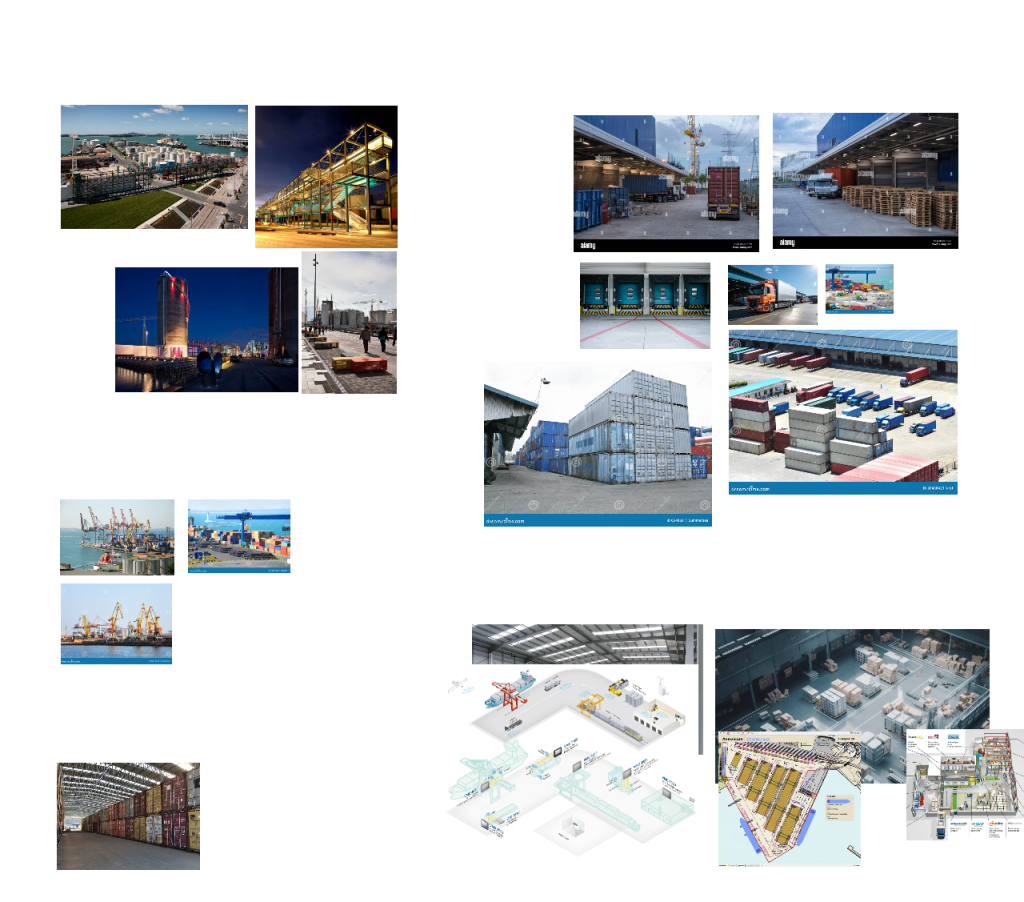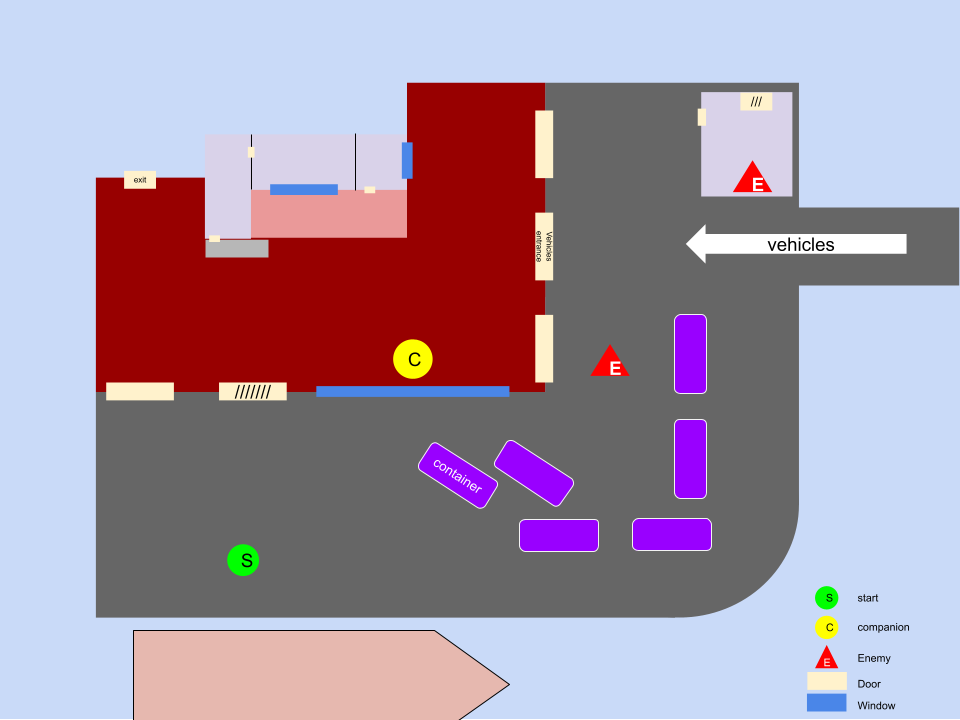Wicked problems have nuances. How to get people’s attention and understand their motivation to play a certain game.
“The market is oversaturated“, yet I don’t have new games that I am hyped for right now… So the market is saturated for who, specifically?
Creating good free-to-play games means having a game with the biggest spend depth possible. Or that the game is so massive that sustains itself on (truly) micro-transactions. You either make a Witheout Survival or a Candy Crush Saga.
The latter is complicated nowadays because people learn and the market evolves. What had value before is not the same as today. People discovering casual games on a Facebook invitation are not the same as people who decide to install a game after watching a YouTube interstitial today.
That is why modern casual games (that work) rely a lot on ads. Their business is with ad networks, more than players’ wallets. And that is a complicated and also shady business, are you sure that your team is ready for that?
As I said, on the other end we have games with a big spend depth. These games are much more deep and complicated. They manage to create a gamified society, by pushing for regulars: players that play every single day. That’s the single most important KPI of all, if you ask me. In that case, and only in that case, the wealthier cohorts decide to spend high. And that makes your business grow for real.
Making free-to-play games is like making luxury goods. You should aim to the rich, if you want to have more chances. And to do that, you need a strong service.
When we give something for free, time becomes the currency with which people decide. It’s not just “give them for free, otherwise, they will not come“. If you are already thinking like that, you are on the wrong track: you are not believing in your own game.
You need to build something that makes you think “This is an incredibly amazing game, people will play this every day!“. And then, if you’re lucky, you will have a TOP Grossing game with high concurrency.

